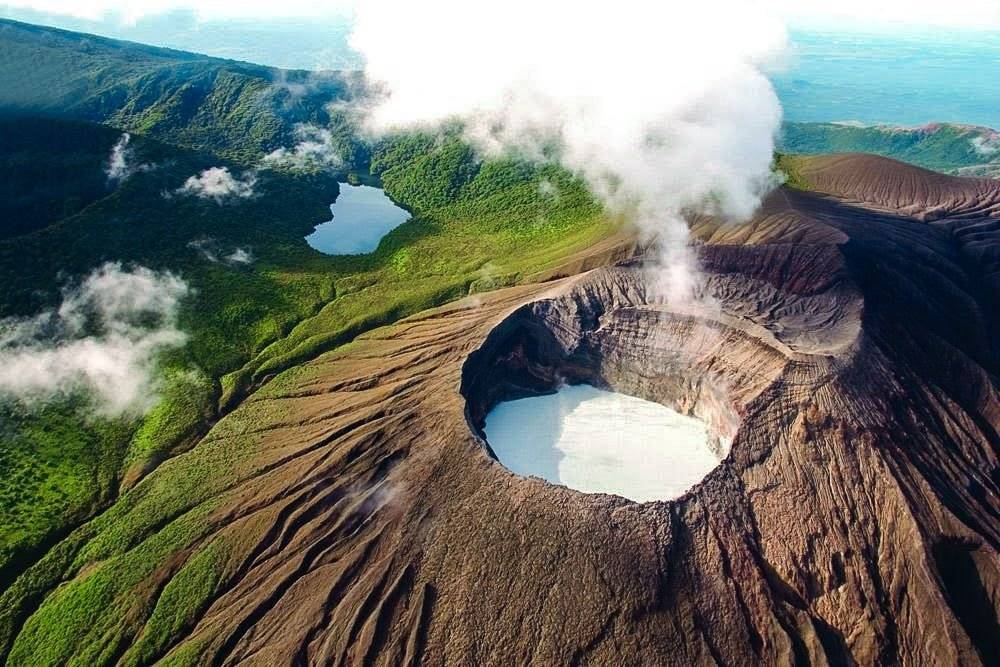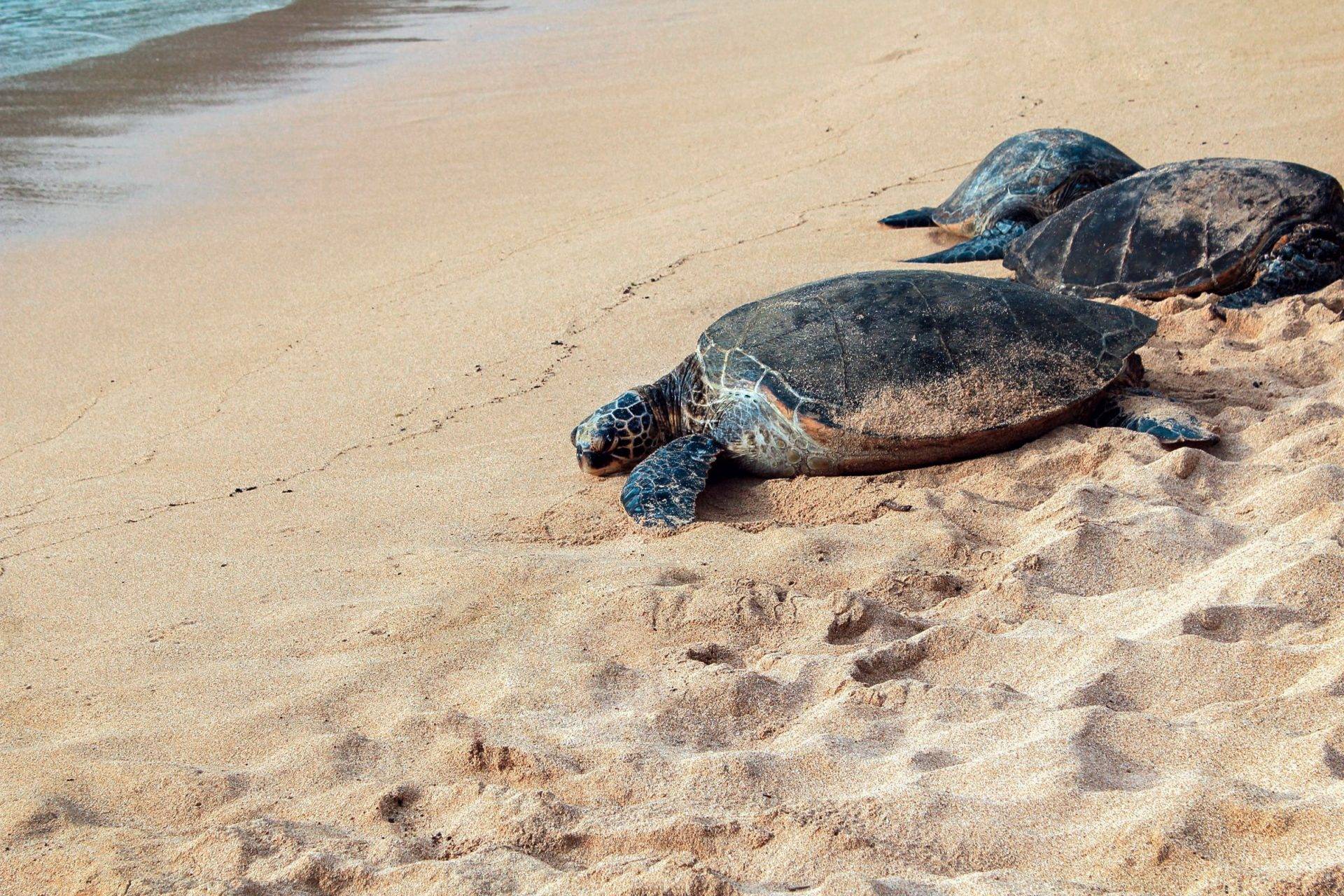Planning your next big vacation? Wondering how to travel to Costa Rica ethically? Know that your trip – your experience, your choices, your destinations, your accommodations – can all leave a positive impact. That is the spirit of ethical travel.
Yes, you really can honor your values while you support Costa Rican communities. You can check off your bucket list while practicing environmental stewardship. You can experience the species you most look forward to spotting as you protect Costa Rican wildlife.
Here are 7 of our top tips for ethical travel to Costa Rica:
What is Ethical Travel to Costa Rica? Is it the Same as Regenerative or Sustainable Travel?
We’ll cut straight to the chase: While they share some overlap, ethical travel is a little different from regenerative and/or sustainable travel.
While sustainable travel focuses on sustainability – in other words, do no further harm – and regenerative travel pushes toward leaving a place better than how you found it, ethical travel to Costa Rica is a little of both, and more:
Ethical travel is responsible tourism. It’s about creating a positive impact through your visit – and your travel dollars. It’s environmental stewardship but it’s also respect for a culture and a community. It’s wildlife protections and social wellbeing. It’s voting with your tourism dollars and supporting the businesses and destinations that best reflect your values.
Tip #1: Embrace Costa Rican Culture
Costa Rican culture is laid-back: Here (and especially at the beach), almost anything goes. There’s not much you can’t wear or do.
That said, before you travel to Costa Rica, consider learning a little bit about the culture. Learn a few phrases in Spanish. And, if you do nothing else, practice your warmest smile accompanied by the phrase, pura vida (pronounced poor-ah vee-dah).
Pura vida means pure life, and it’s Costa Rica’s version of hakuna matata: It’s a please and a thank you, a how are you and an I’m great, all in one. It’s Costa Rica’s upbeat, friendly demeanor, rolled into four short syllables. And it’ll take you far.
Tip #2: Avoid Single-Use Plastics
We’ve seen the videos: A helpless sea turtle, its nasal cavity bleeding as a plastic straw is extracted. Marine birds, with 6-pack rings around their necks. Dolphins, snagged on trashed netting. Etc. etc., for as long as we can stand to watch.
Plastics are in the news – and not for a good reason. And so, we all know: Avoid plastics, whenever possible. Especially single-use plastics. And Costa Rica is on its way: the country has enacted a plan to ban single-use plastics. But we’re not there yet.
You can help. As an ethical traveler, avoid single-use plastics whenever possible. Bring your favorite refillable water bottle (Costa Rica’s tap water is safe to drink). Before a hike, pack a banana or passion fruit – they naturally have their own packaging! – instead of bagged snacks. And, of course, always dispose properly of any trash and recycling. (There are ample trash cans and recycling stations throughout Costa Rica’s cities, towns and national parks.)
Tip #3: Choose Eco-Friendly, Responsible Accommodations

Not all vacation accommodations are created equal. Beyond the obvious – you know, the huge all-inclusives and international brands with known and widely publicized environmental violations – you can upgrade from good to great decisions, when it comes to your travel to Costa Rica.
Eco-friendly and environmentally conscious hotels and vacation homes seek lesser impact: lower energy consumption, better recycling programs, water reuse, greater integration with their surroundings, and so much more.
Tip #4: Support Local Companies
A key tenet of sustainability is support for local communities and their community-owned businesses. From where you eat, to where you shop, to where to source your vacation accommodations, tours, and transportation, you can choose local travel to Costa Rica.
Here, on the Gold Coast, that means small, locally-owned restaurants. It’s tiny hole-in-the-wall souvenir shops that source their products from local artisans. It’s our Costa Rican-owned and 100% local Blue Water Vacation Rentals and Blue Water Adventure Tours. Because when you eat here, shop here, stay here, and tour here, your vacation dollars make a real impact, not just on Costa Rica’s economy, but also on the hyper-local community and the individuals that welcome you, host you, and make your trip something you’ll remember for a lifetime.
Tip #5: Visit the Lesser-Known Attractions

Ethical travel to Costa Rica is all about leaving a lighter footprint. And one of the best ways you can do that is to visit some of your chosen destination’s lesser-known attractions and activities.
Why? The answer is two-fold: First, by visiting the most crowded tourist destinations, we risk feeding into a monopoly – into this over that, no matter how deserving that is. But, beyond that, by visiting the places and sights and activities that everyone else does, we contribute to overcrowding and overtourism. And, as an ethical traveler, that’s the last thing you want to do.
So instead, why not meander a little off the beaten path? Sprinkle around some travel love (and your travel dollars) to the sights and parks and adventures that you don’t find in every guidebook. You’ll be rewarded with hidden gems and smiling faces, and you might just stumble across your next favorite Costa Rica travel memory.
Tip #6: Skip the Animal Selfies. And Don’t Feed the Wildlife.

Costa Rica has long been a champion of animal welfare. Zoos have been banned for many years. Rescue organizations have cropped up around the country. Wildlife education is strong – and getting stronger. And, more recently, wildlife selfies have been banned in Costa Rica.
That said, legality is not the real why: Wild animals are wild. And Costa Rica knows that’s how they should remain. Every time we approach a wild animal (even one that’s in captive rescue), we interrupt its fear response. We encroach upon its natural instincts. And we contribute to the culture of wildlife encounter tourism – of animals as sights and attractions, rather than animals as living, breathing beings.
While we’re on the topic, you should also know that it’s also illegal to feed the wildlife in Costa Rica. Wild animals know how to forage and hunt their own diet, and every time we interrupt that rhythm, we put the animals at risk. They could accidentally eat something they shouldn’t. They could get used to foraging food from humans, rather than the wild. They could even lose their natural fear of humans – and, eventually, put themselves at risk for hunting or the illegal pet trade.
So, as an ethical tourist, swap those animal selfies for good binoculars, wildlife hikes, and other from-a-distance encounters that fill your heart and keep the animals safe.
Tip #7: Eat Local
Food is an important part of our identity: What we eat, where we source it, the choices we make – these are the decisions that bring our beliefs home, right to our table.
You can bring those beliefs on vacation, too. When you travel to Costa Rica, you can eat ethically, whether that means eating local ingredients, adhering to a vegetarian/vegan diet, or whipping up locally sourced feasts in your vacation home’s kitchen.
Here’s what you should know: Most of the tropical and warm-weather fruits and vegetables – that’s red-fleshed dragon fruit and juicy mangos, monster carrots and leafy lettuces (but not big apples or fuzzy peaches, Brussels sprouts or artichokes) – you find on menus and at the grocery store are local. The chicken and eggs are top-notch. The gelato is creamy. And, if you’re staying at the beach, most of the fish and some of the seafood has been caught today, just a few miles from where you eat it.
So, go ahead – indulge in all things local. And if you have questions, ask. if not at the restaurant or the store, then ask us. We’ll help you identify the restaurants, the farm stands, and the ingredients that will best meet your ethics and standards.
Our Blue Water Promise
In 2021, we were proud to transition Blue Water Adventures to new ownership. Please visit them at Blue Zone Experience.
At Blue Water Adventures, we uphold our Blue Water dedication to fast response times and always putting you, our guest, first.
We have serious experience to back us up: As bilingual, bicultural, and long-term residents, we have explored Guanacaste from top to bottom, scouring every corner for the best of the best.
We’ve beaten a bit of a path – just enough to take you there, too. Here’s our promise:
- You Can’t Beat Our Quality: We don’t cut corners, ever. And we settle for nothing less than the best tours, adventures, and journeys out there.
- We’re Fully Permitted: Our tours are fully permitted, our guides are fully insured, and we do everything above board and by the book. Because you, our travelers, deserve this level of accountability.
- Our Rates Are Very Competitive: We believe in pairing the highest quality with the best value. So, we offer very competitive rates with discounts for both groups and kids.
- We’ll Take You Where Others Won’t: We own our own vans and employ dedicated drivers, which means we have a lot more flexibility when it comes to what we offer. Let’s put it this way: We don’t have to take you to the same waterfall, the same zip line, the same sportfishing spot as everyone else. Together, we’ll forge a more authentic, more personalized path down the road less traveled.
- Our Bilingual Guides Have Serious Experience: Our expert guides not only know their stuff (they’ve been at it for years), but they’re also trained to have your back, in every eventuality.
At Blue Water Properties of Costa Rica, we’re proud to offer some of the best Costa Rica Real Estate. We have both condos and homes, land and businesses for sale.


